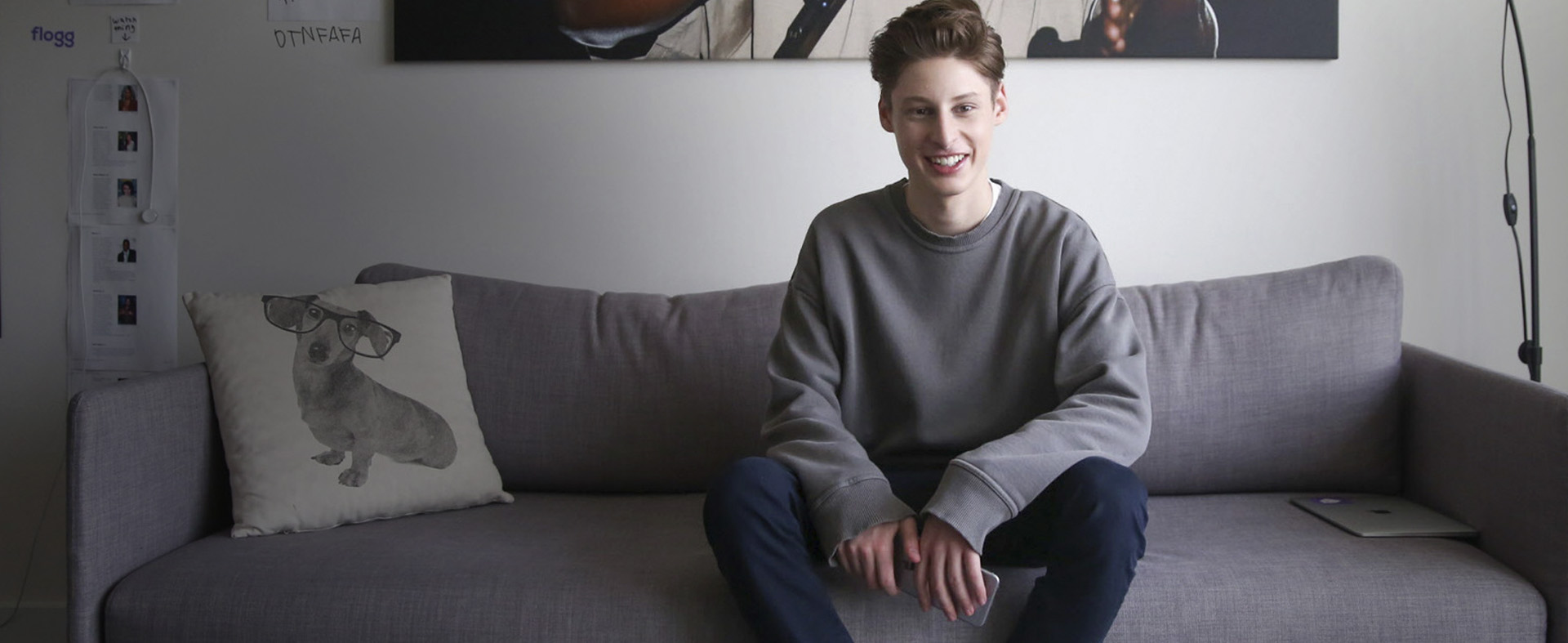Meet Darius Brown – a 12-year-old entrepreneur with a passion for bow ties and helping animals find their forever homes. It all began back in 2017 when Darius was watching hurricanes Harvey and Irma on TV. As homes were destroyed, so were pets’ lives. Shelters became overcrowded and began to consider euthanasia as an alternative. Darius saw this need and decided to do something. He began sewing bow ties for the shelters to put on their animals in hopes of making them look cuter to prospective adopters. This would help animals find a home and free up the system for new animals who would inevitably come in.
Later in 2017, he created “Beaux and Paws” to reach a larger audience. He began making his custom bow ties for both people and pets and donating a portion of each profit to the ASPCA. His additional GoFundMe has allowed him to visit other cities around the U.S. and volunteer his services as local shelters, helping even more pets to find a loving home.
Darius’ commitment has gained him national attention and he has appeared on NBC, the Rachel Ray Show, and has even received a letter from former President Barack Obama.
His story is particularly amazing because of his own struggles. When Darius was two years old, he was diagnosed with speech delay, comprehension delay, and fine motor skills delay. With the help of his mother and sister, he overcame these challenges by learning to sew, and today he hopes to one day attend Standford and launch his own clothing line.







